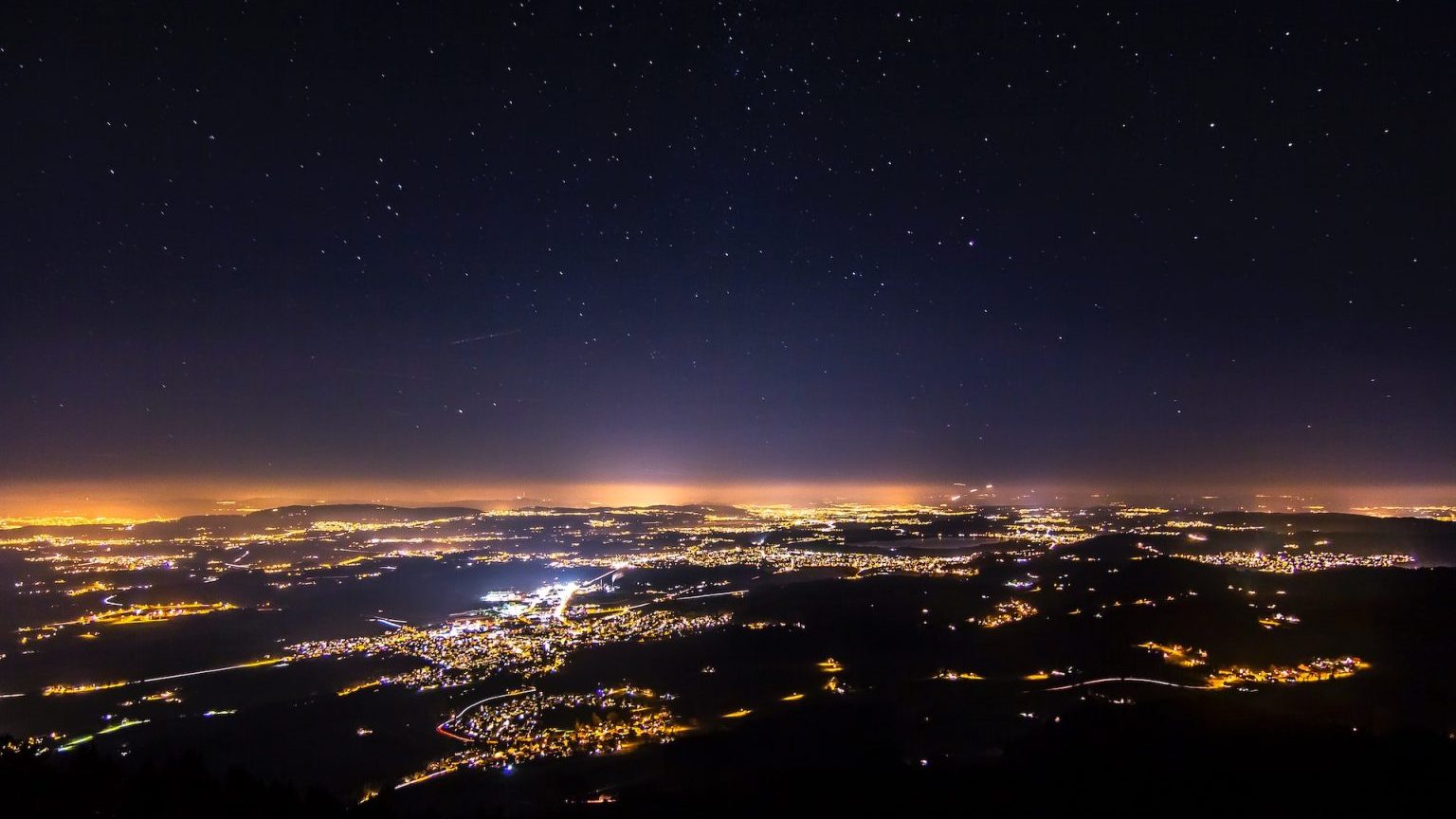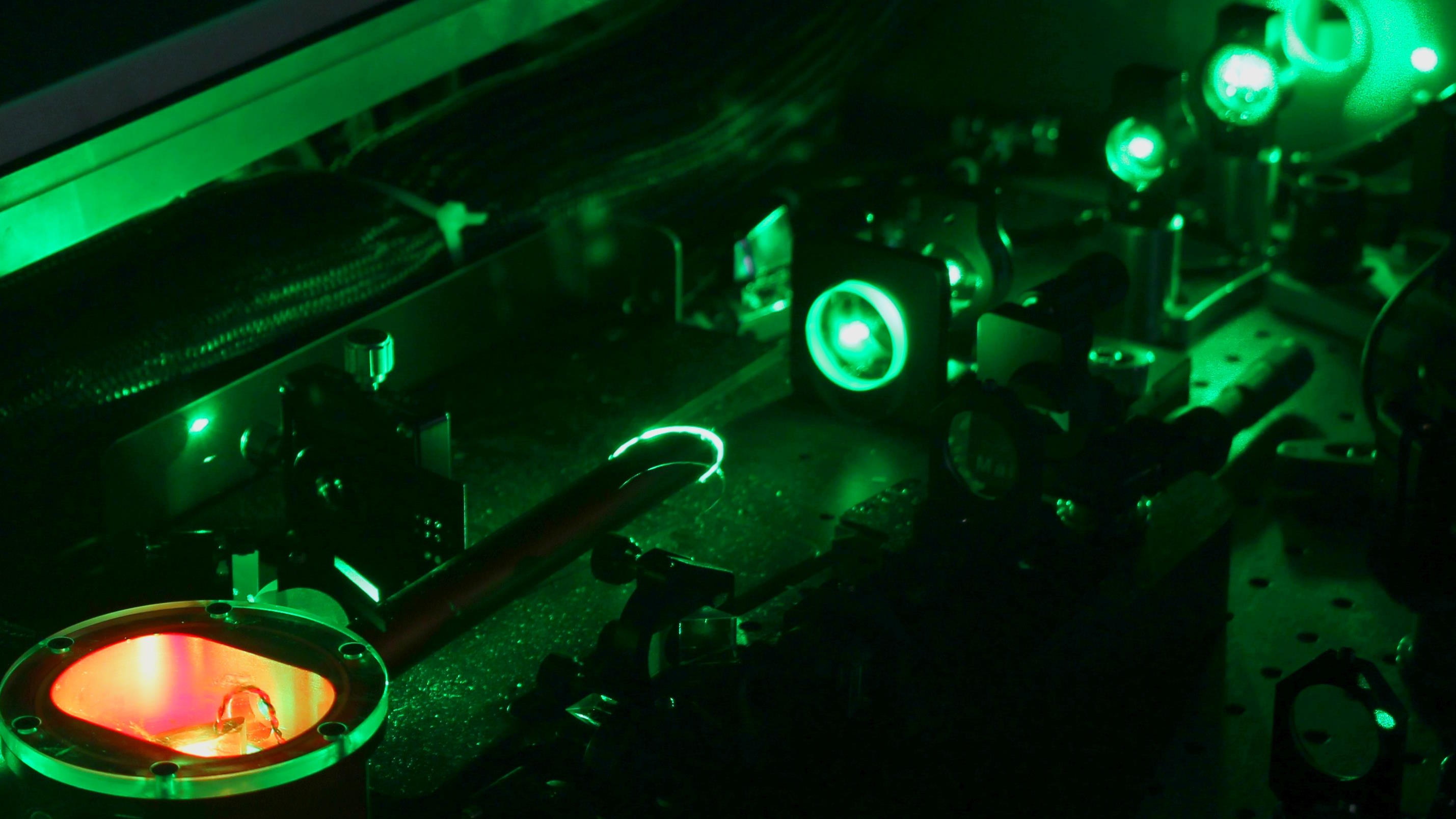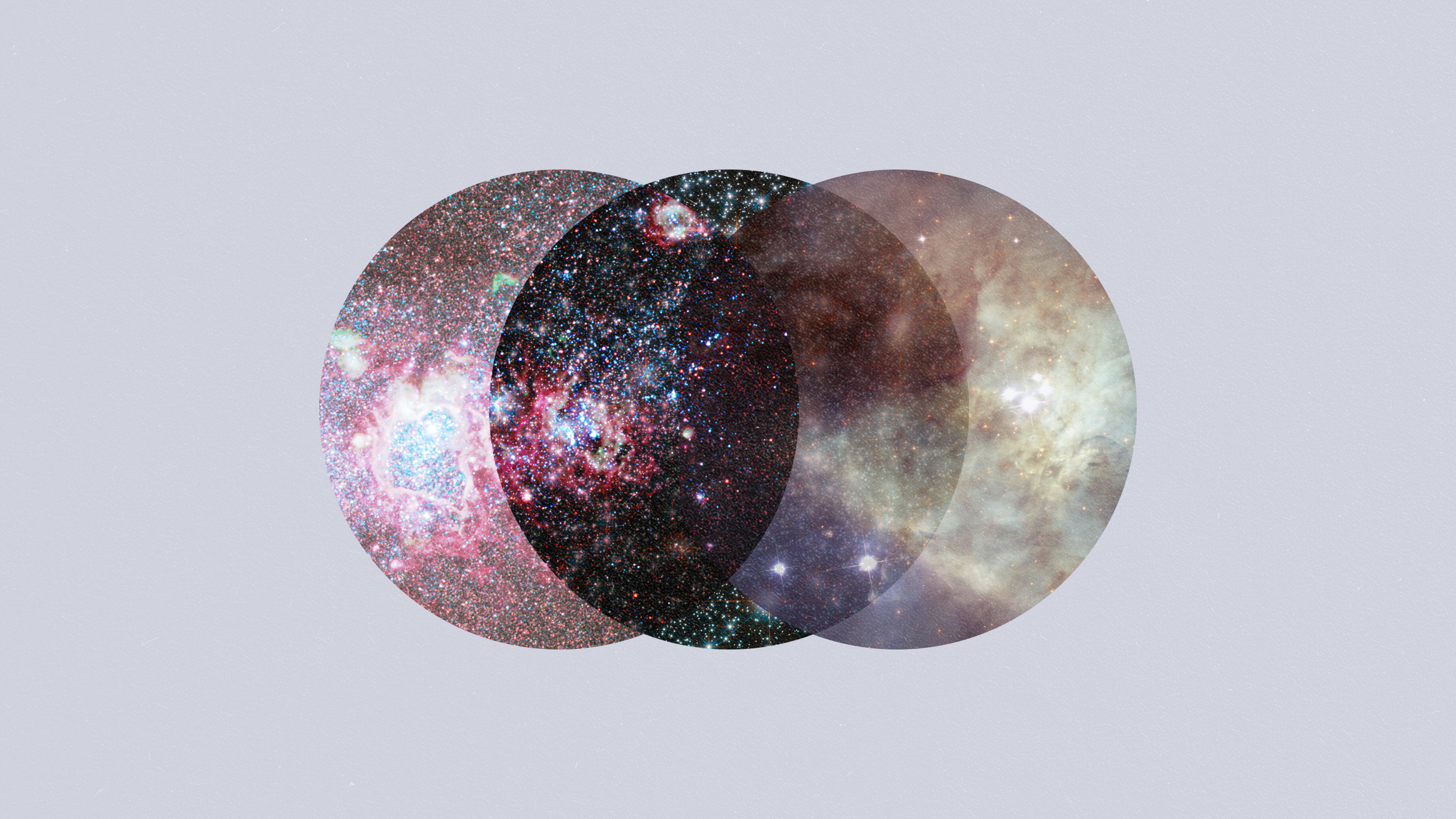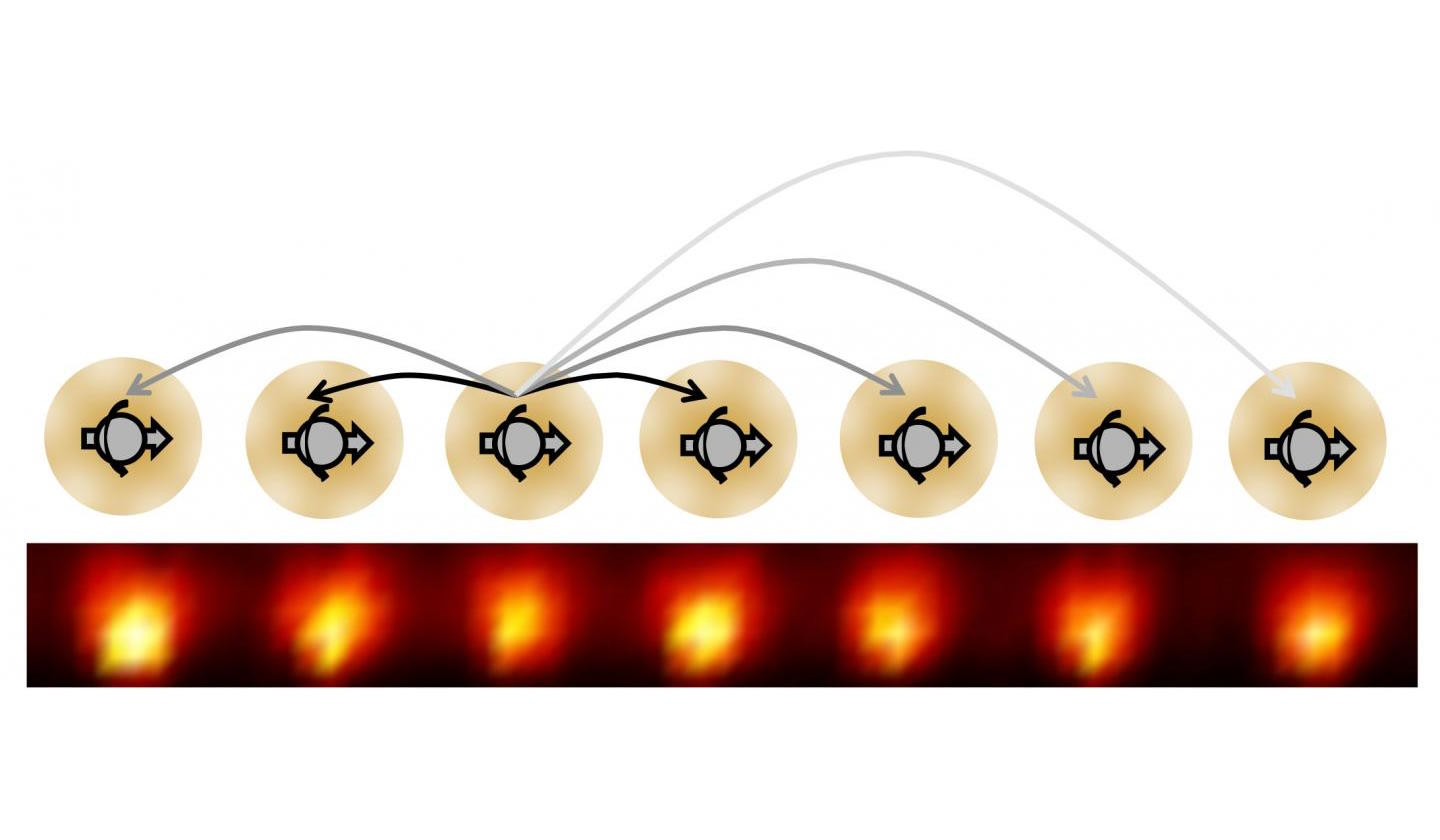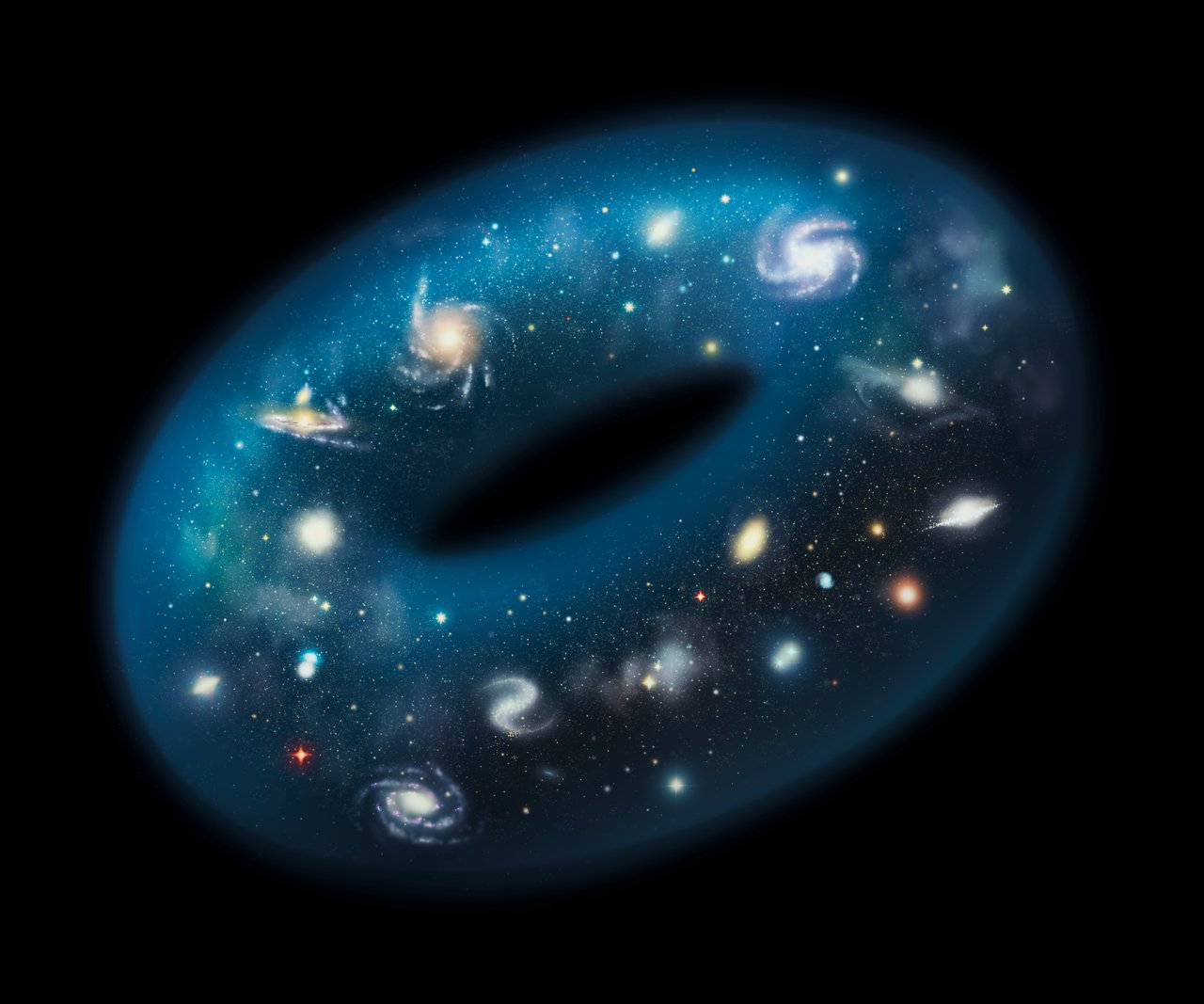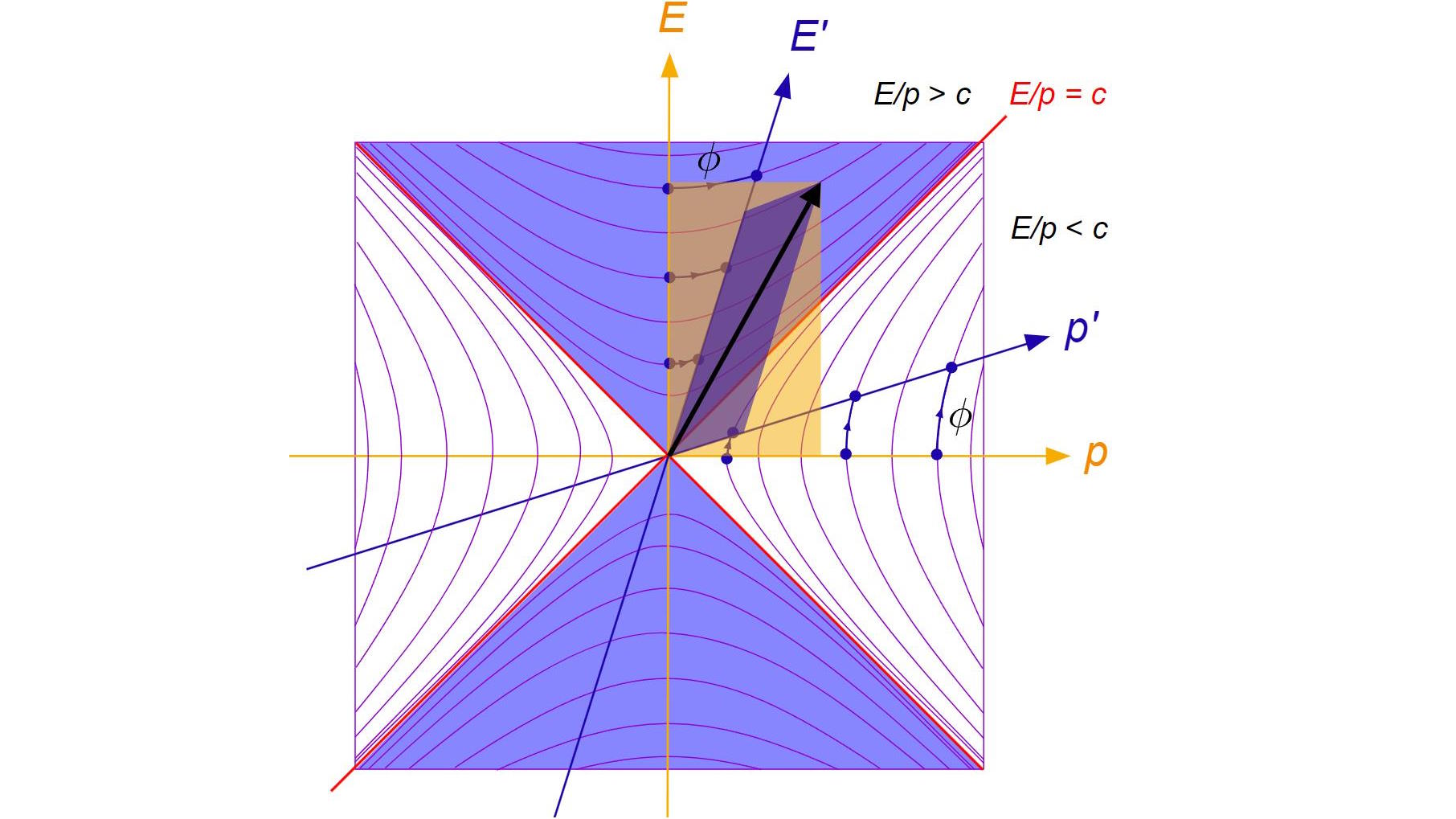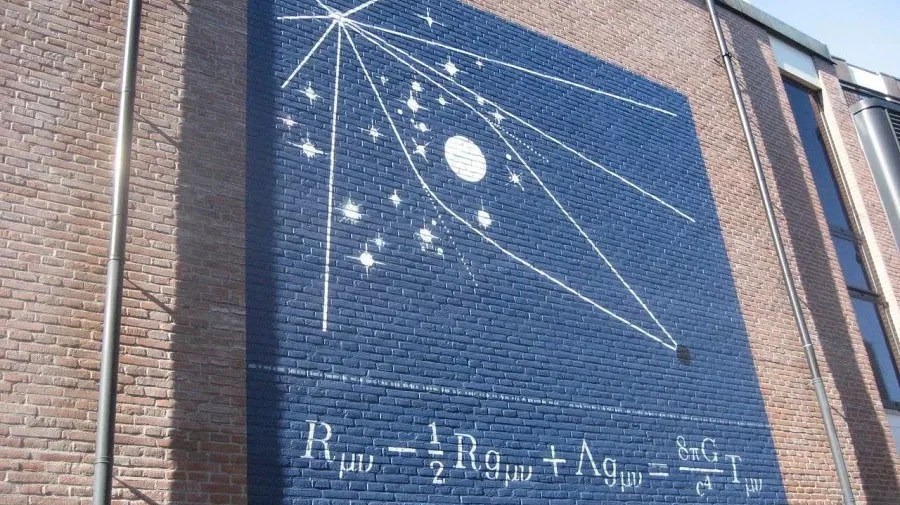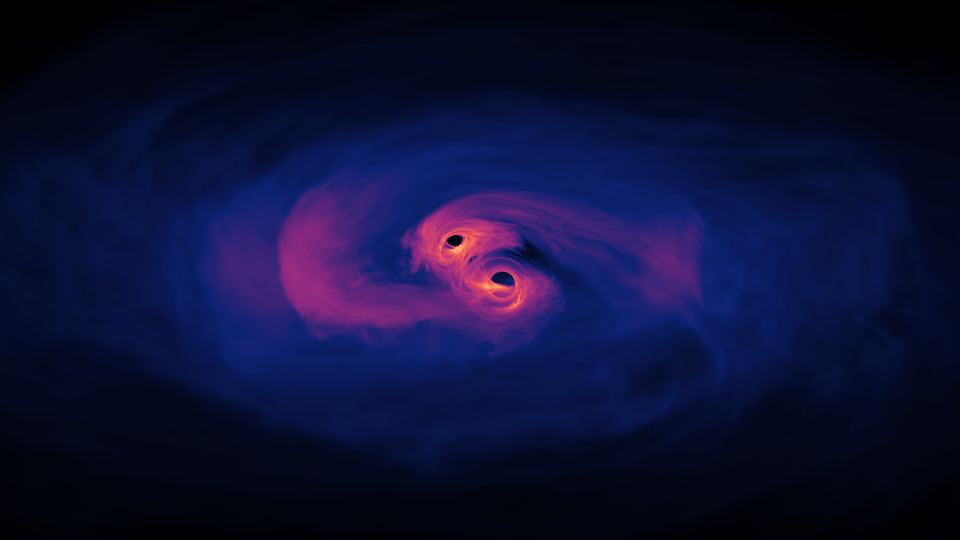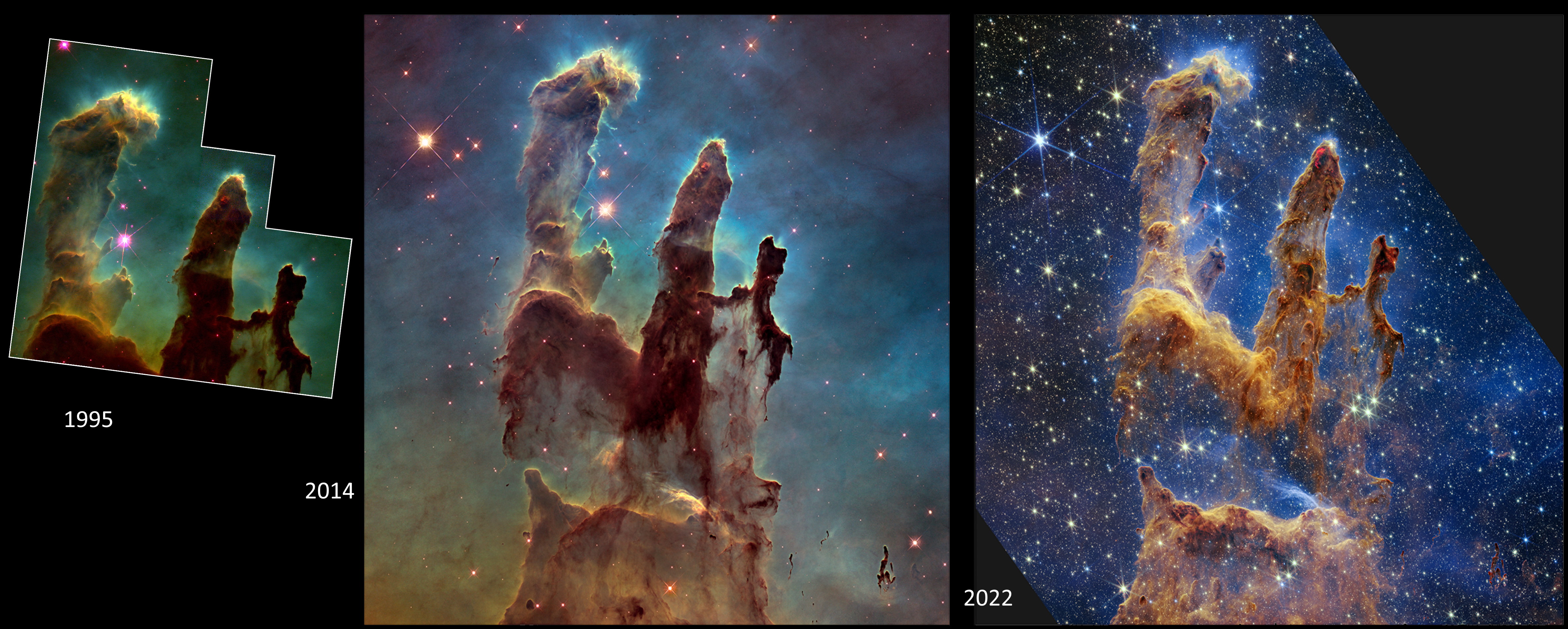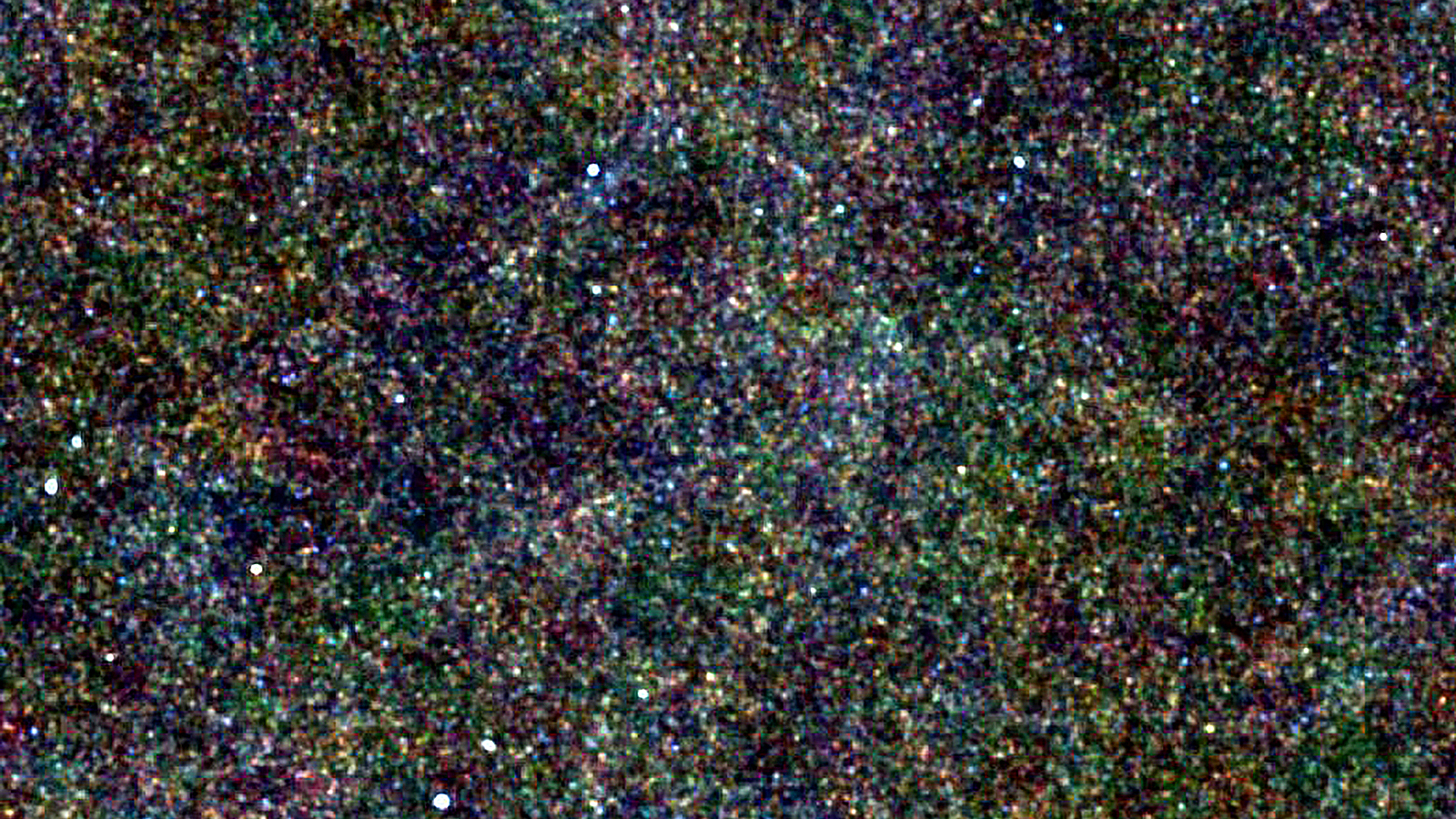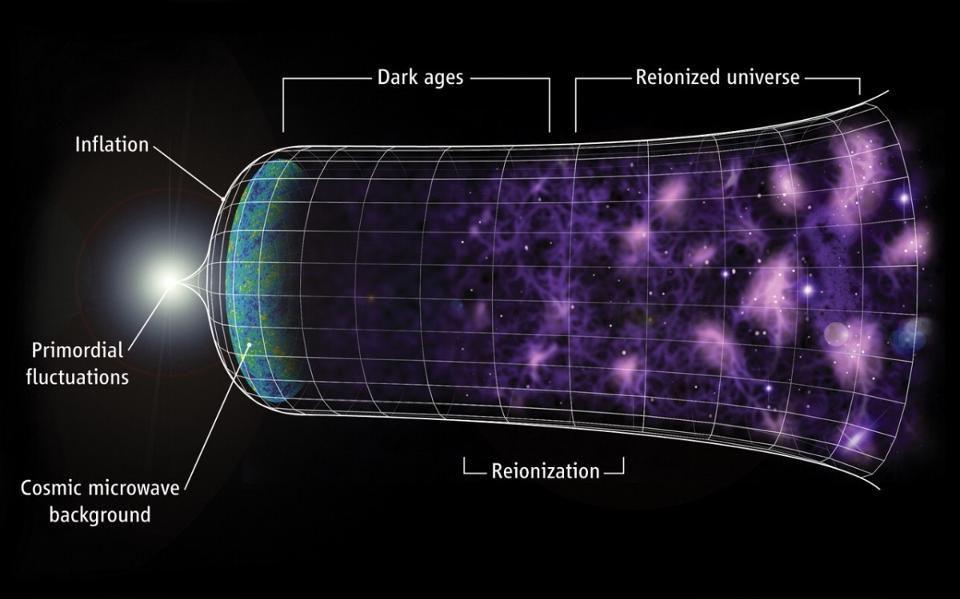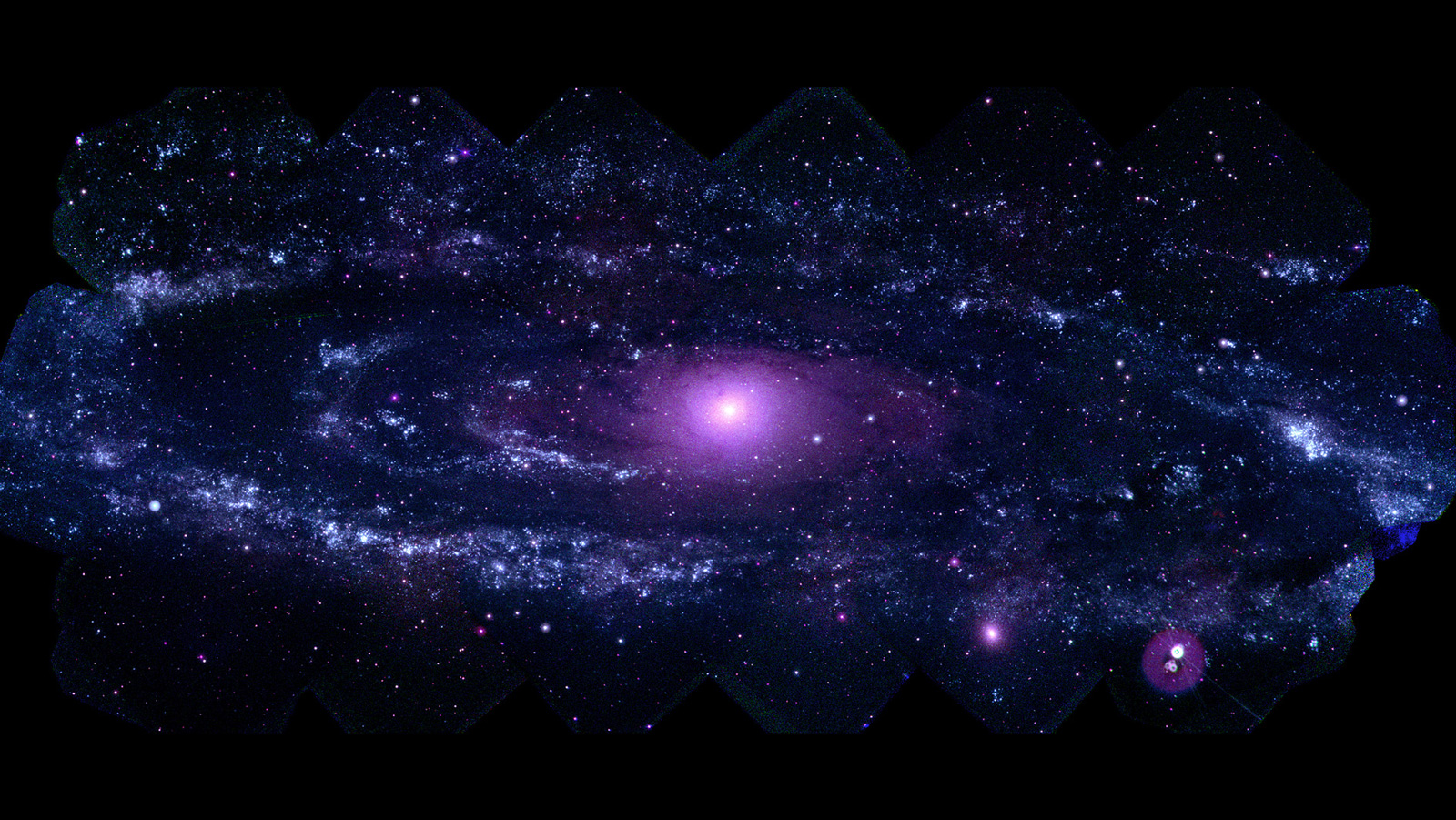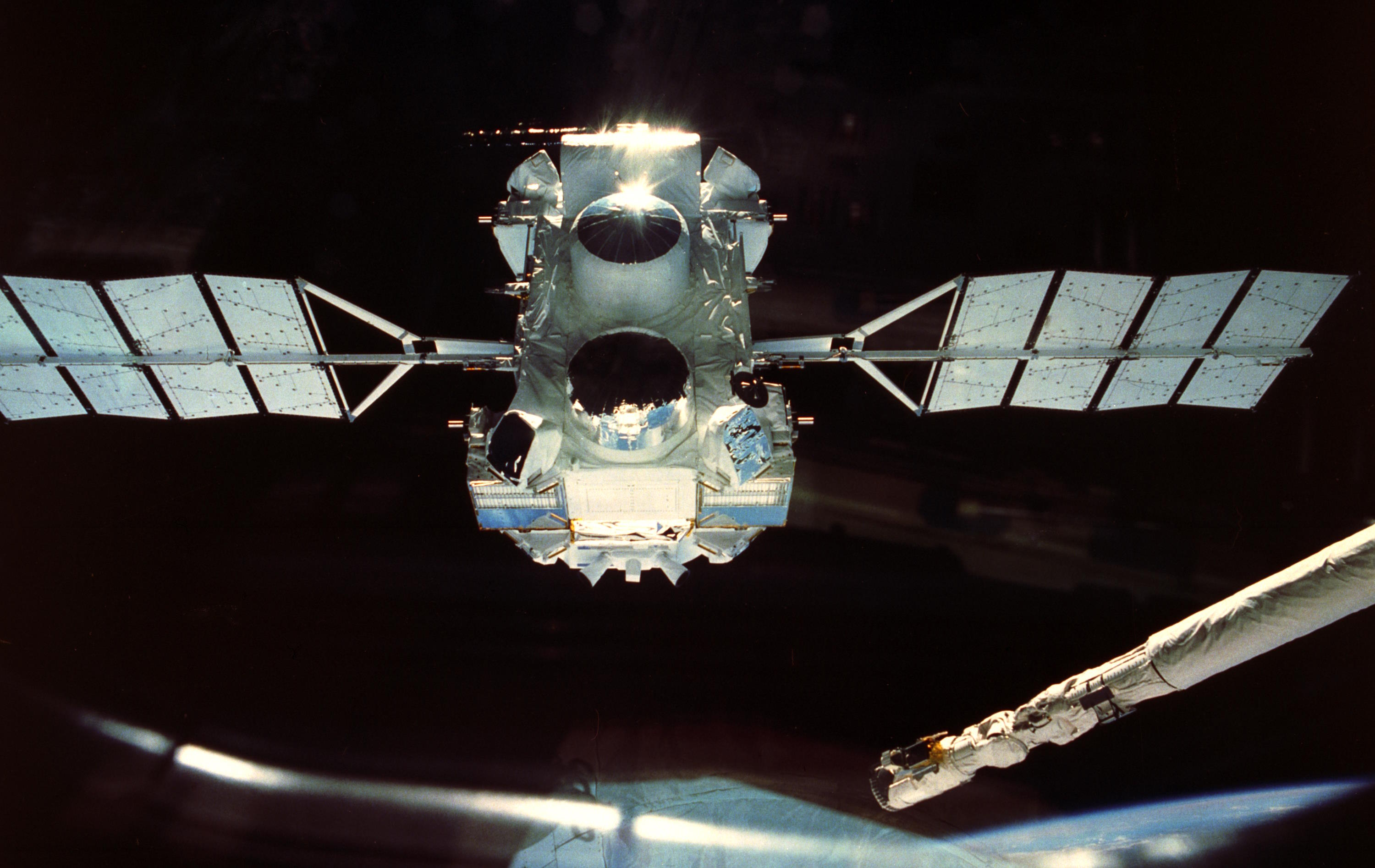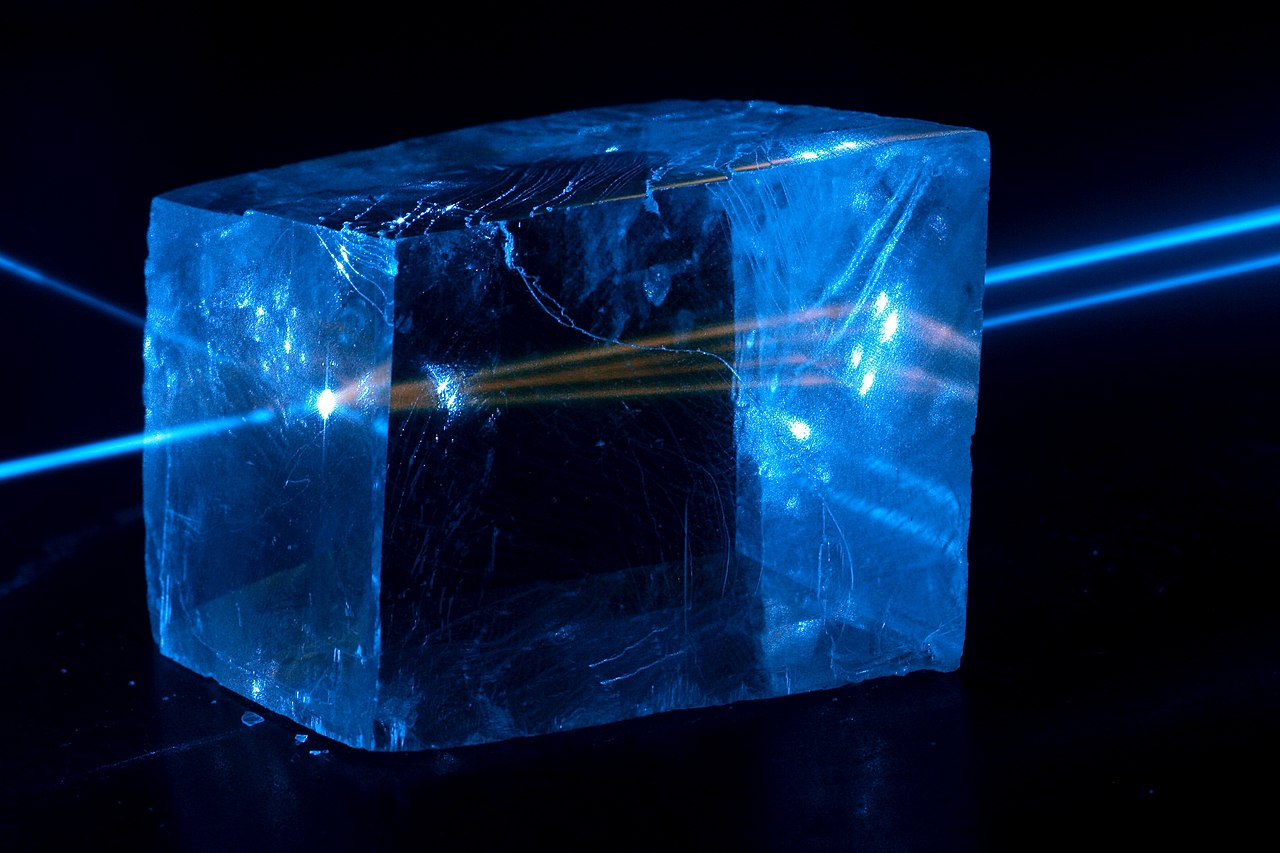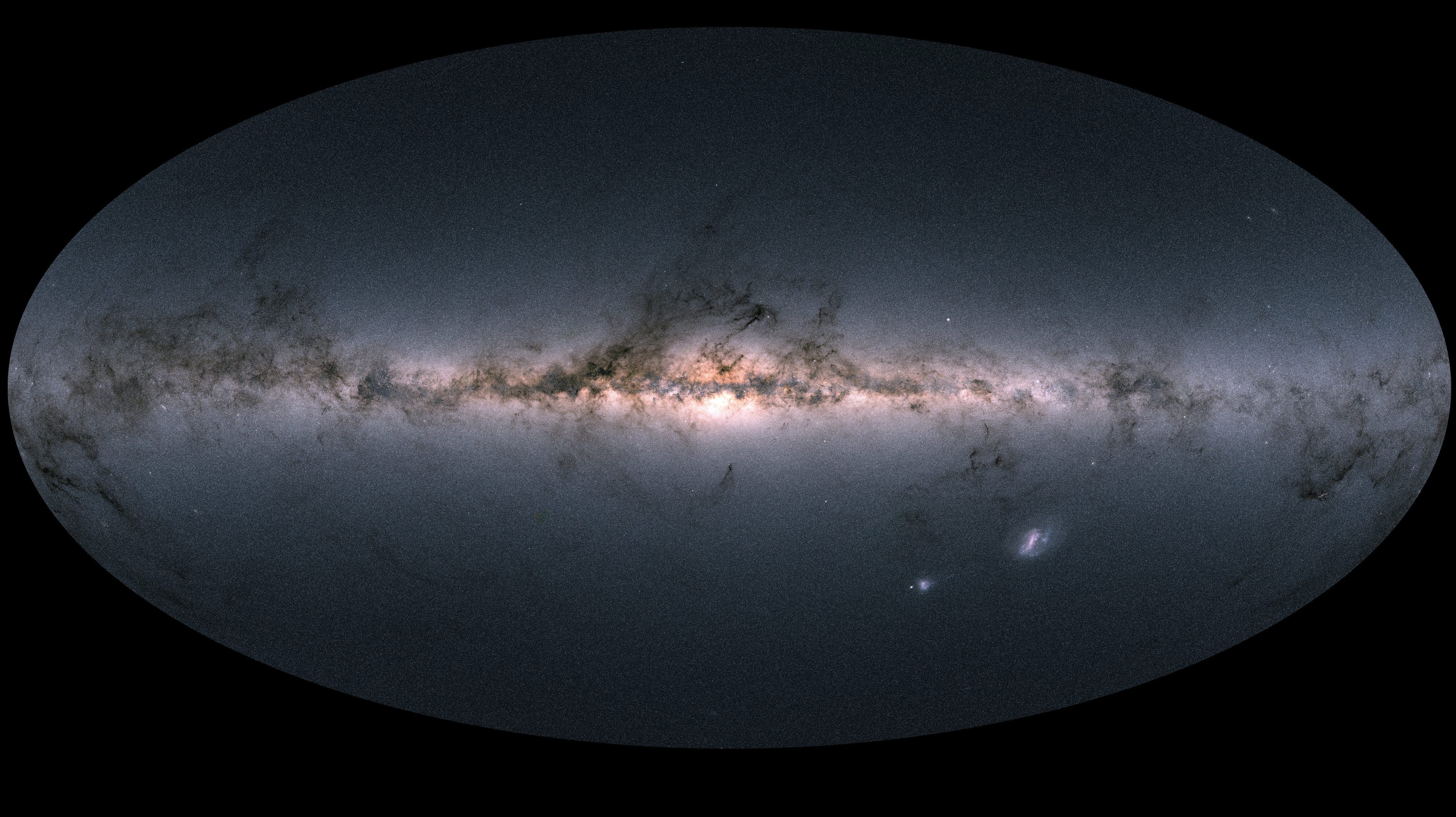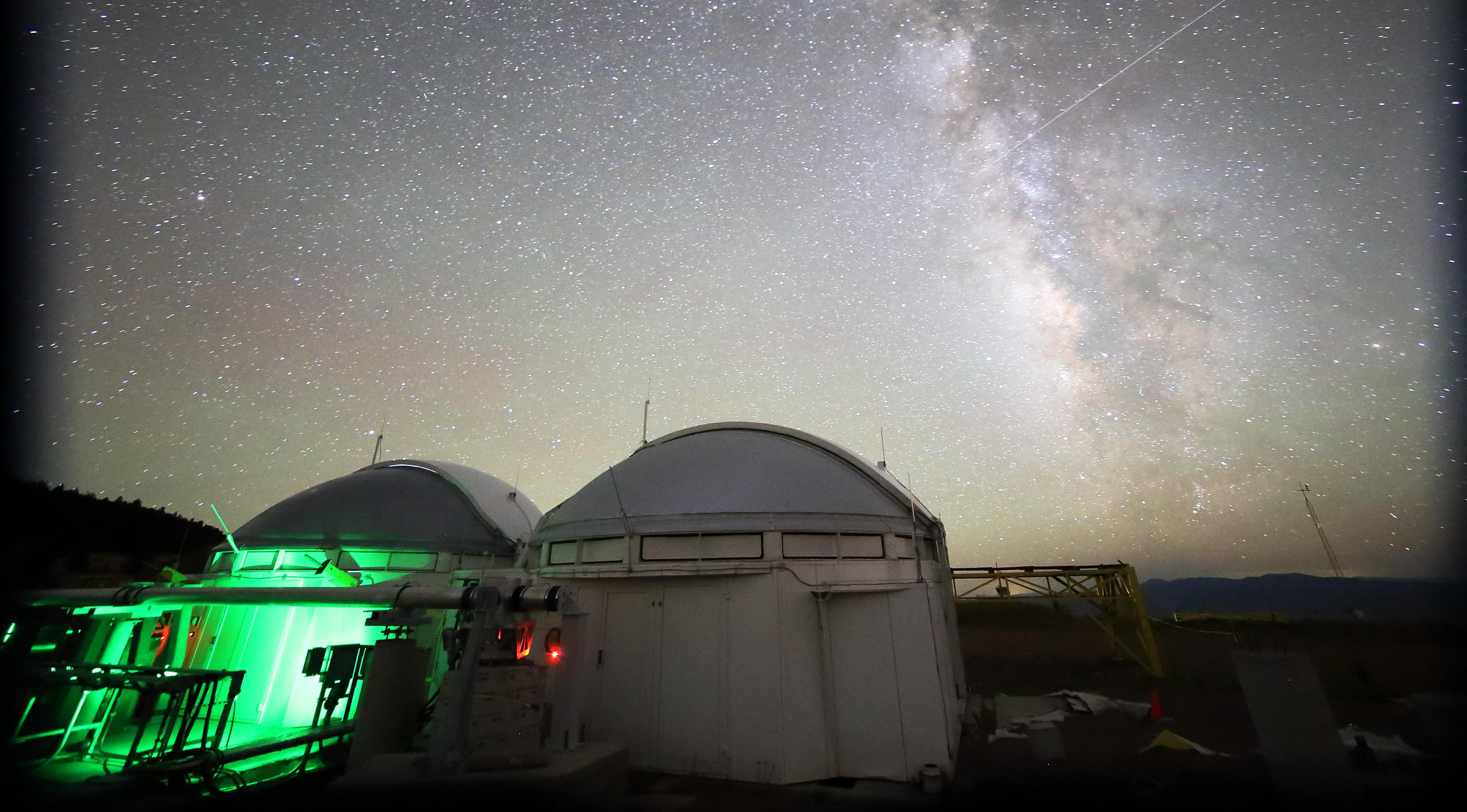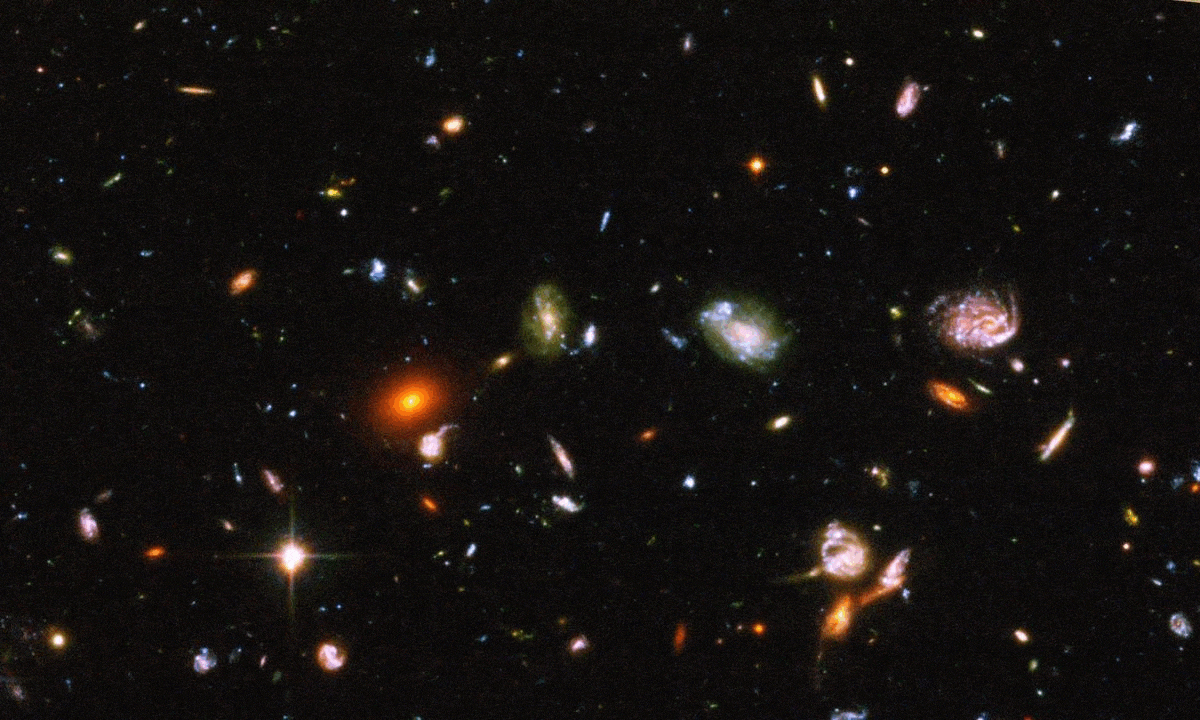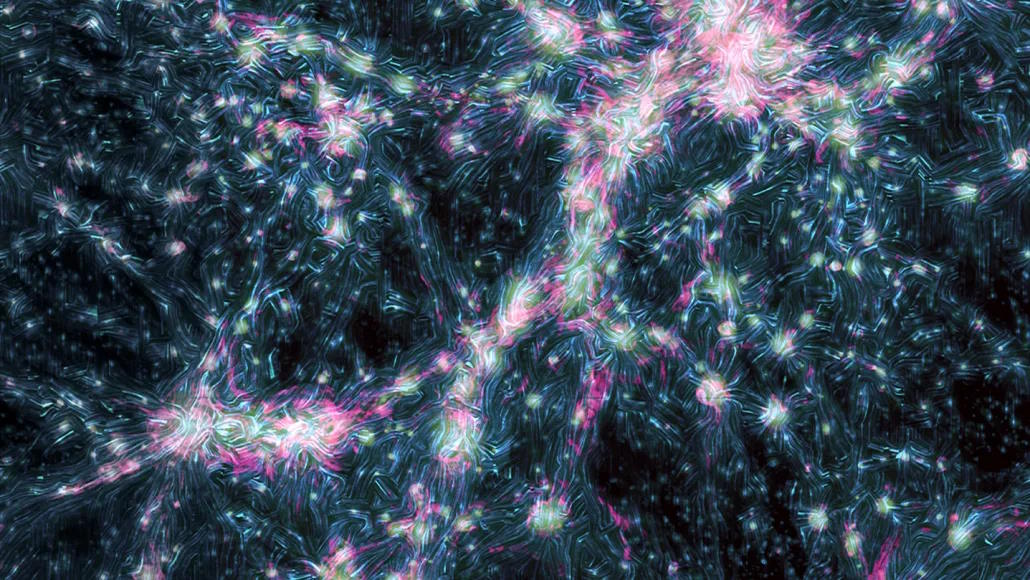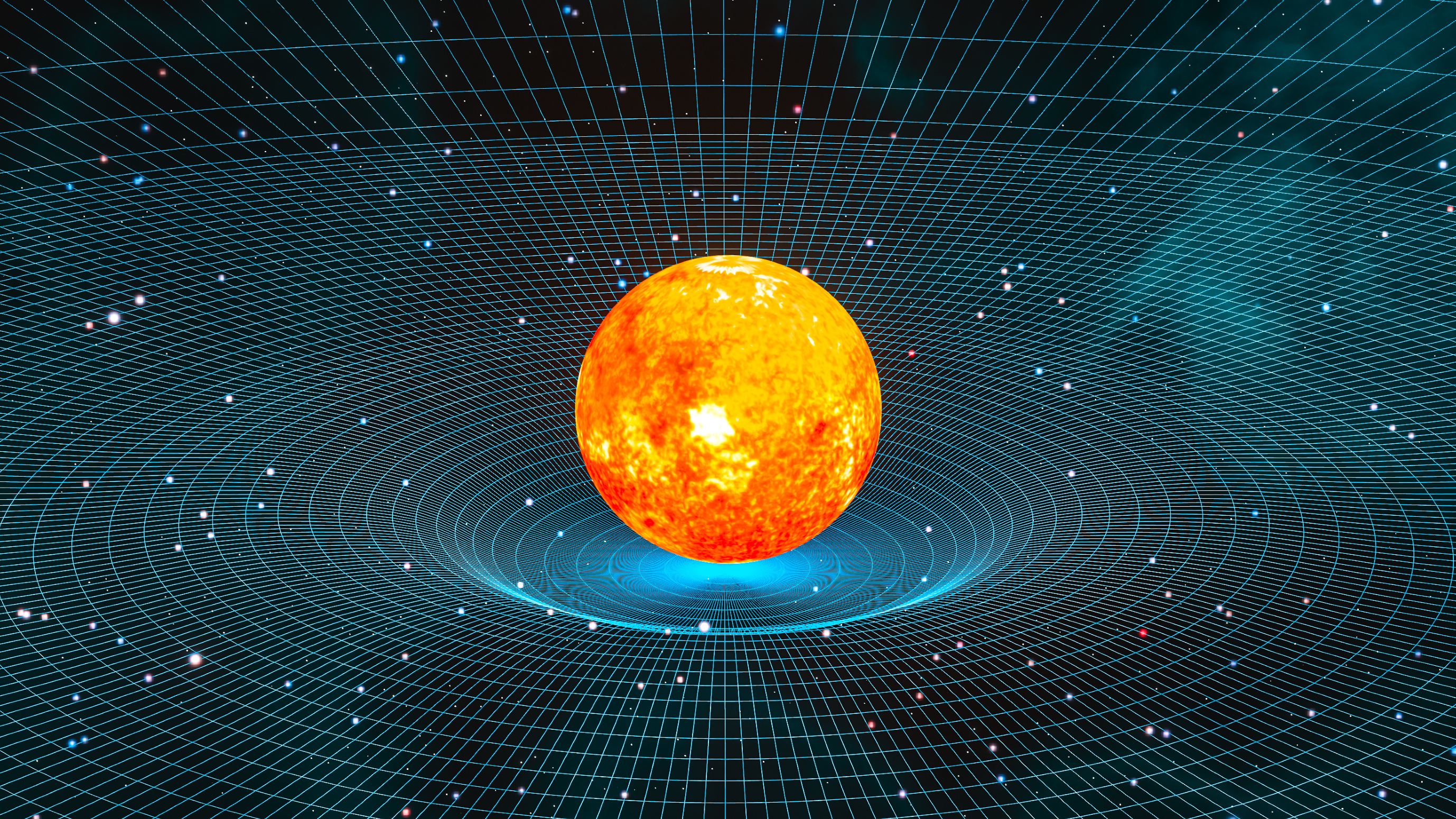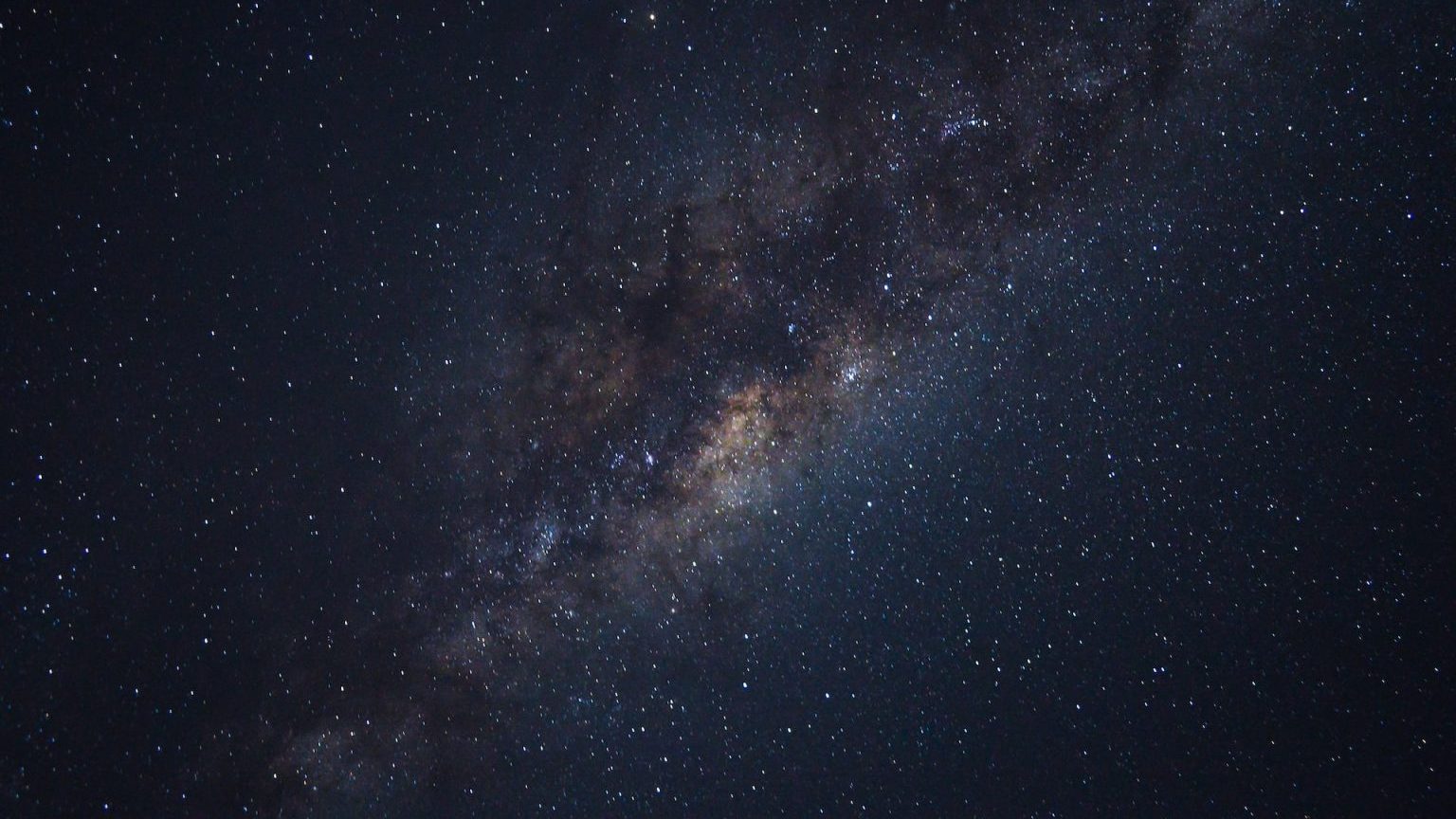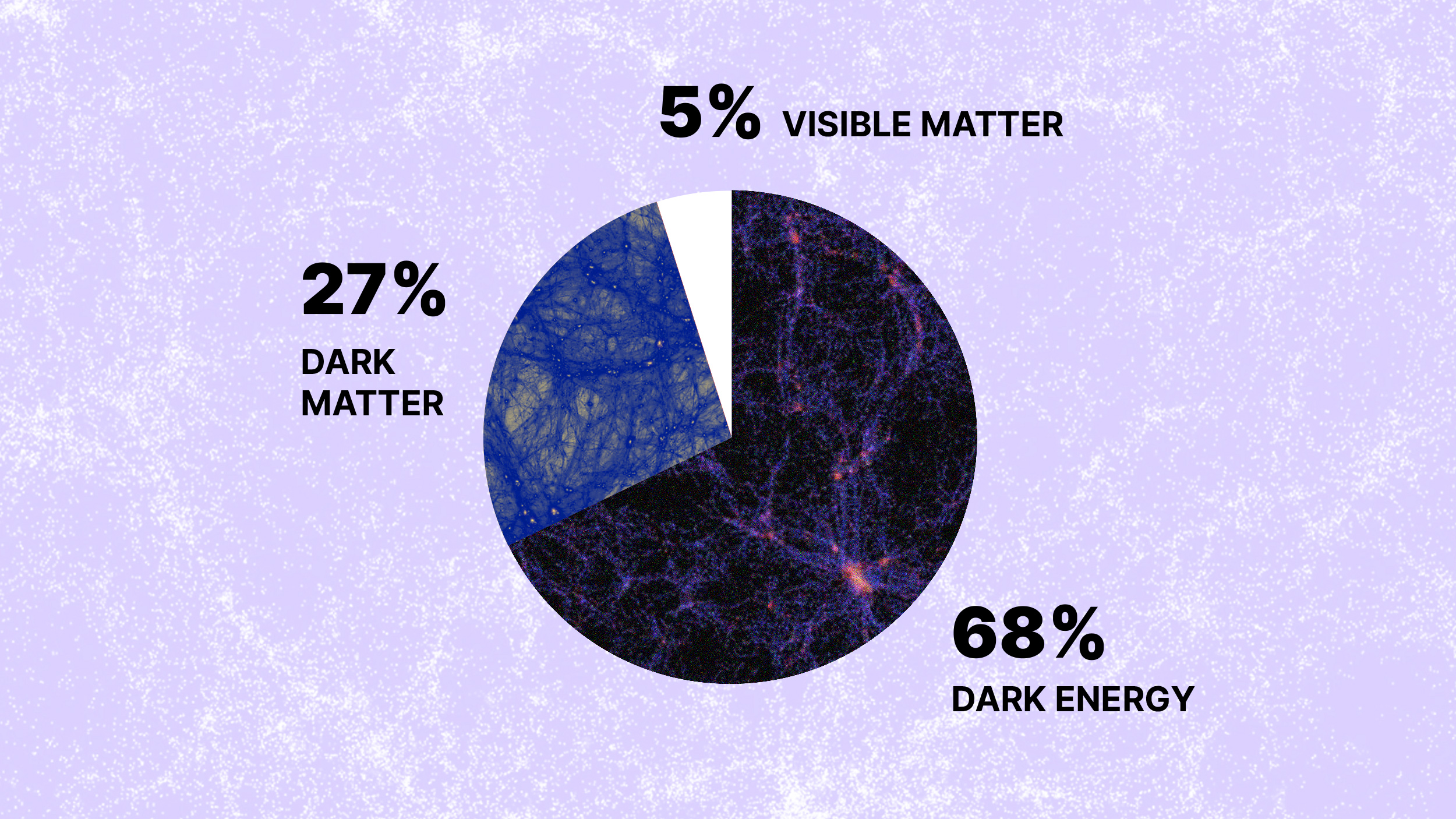All human development, from large cities to small towns, shines light into the night sky.
Search Results
You searched for: light
From the explosions themselves to their unique and vibrant colors, the fireworks displays we adore require quantum physics.
Our greatest tool for exploring the world inside atoms and molecules, and specifically electron transitions, just won 2023’s Nobel Prize.
What do ghosts and anomalous galaxy rotation rates have in common? Some sci-fi enthusiasts believe the answer involves “parallel universes.”
Even with quantum teleportation and the existence of entangled quantum states, faster-than-light communication still remains impossible.
Scientists may have detected the somewhat smelly chemical dimethyl sulfide on a planet 120 light-years from Earth.
Is the Universe finite or infinite? Does it go on forever or loop back on itself? Here’s what would happen if you traveled forever.
The fabric of spacetime is four-dimensional, with three for space and only one for time. But wow, time sure is different from space!
Traveling back in time is a staple of science fiction movies. But according to Einstein, it’s a physical possibility that’s truly allowed.
Although many of Einstein’s papers revolutionized physics, there’s one Einsteinian advance, generally, that towers over all the rest.
Newton thought that gravitation would happen instantly, propagating at infinite speeds. Einstein showed otherwise; gravity isn’t instant.
The last infant stars are finishing their formation inside these pillars of gas. The evaporation of those columns is almost complete.
Everything we observe beyond our Local Group is speeding away from us, omnidirectionally. If the Universe is expanding, where is the center?
For some reason, when we talk about the age of stars, galaxies, and the Universe, we use “years” to measure time. Can we do better?
Today, our observable Universe extends for 46 billion light-years in all directions. But early on in our history, things were much smaller.
The Bullet Cluster has, for nearly 20 years, been hailed as an empirical “proof” of dark matter. Can their detractors explain it away?
Our brainwaves naturally synchronize with external stimuli like flickering lights. Here’s how the phenomenon might boost learning.
Observations of an enormous cosmic structure, dubbed the “Big Ring,” seem to violate the Copernican principle.
Across all wavelengths of light, the Sun is brighter than the Moon. Until we went to the highest energies and saw a gamma-ray surprise.
There’s a speed limit to the Universe: the speed of light in a vacuum. Want to beat the speed of light? Try going through a medium!
For thousands of years, humanity had no idea how far away the stars were. In the 1600s, Newton, Huygens, and Hooke all claimed to get there.
Interferometry gave us a black hole’s event horizon, but that was in the radio. What can we accomplish with a new optical interferometer?
The “little red dots” were touted as being too massive, too early, for cosmology to explain. With new knowledge, everything adds up.
The visible Universe extends 46.1 billion light-years from us, while we’ve probed scales down to as small as ~10^-19 meters.
Astronomers claim to have found structures so large, they shouldn’t exist. With such biased, incomplete observations, perhaps they don’t.
Thanks to observations of gravitational waves, scientists were able to settle a longstanding debate over the speed of gravity.
Since dark matter eludes detection, the mission will target sources of light that are sensitive to it.
In the 20th century, many options abounded as to our cosmic origins. Today, only the Big Bang survives, thanks to this critical evidence.
We can reasonably say that we understand the history of the Universe within one-trillionth of a second after the Big Bang. That’s not good enough.
Early on, only matter and radiation were important for the expanding Universe. After a few billion years, dark energy changed everything.
